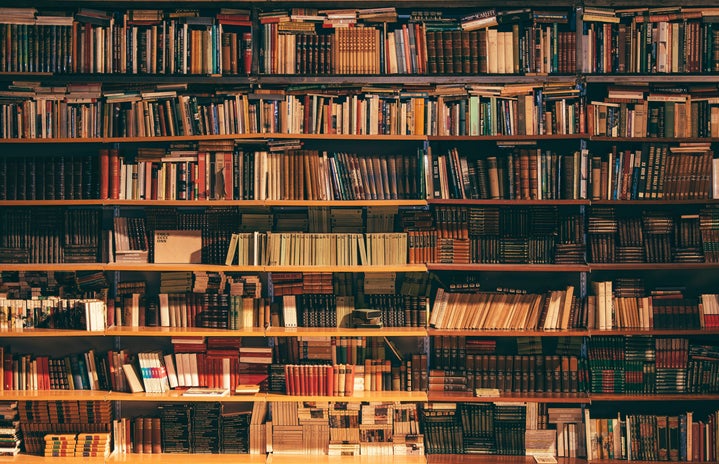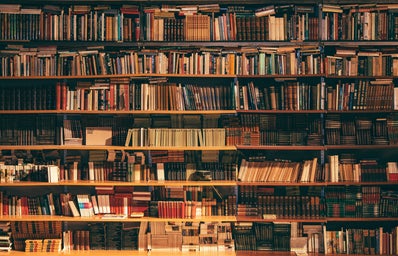Since its birth literature has been responsible for transforming human beings and, consequently, the way they see the world. Present even before the creation of writing, through stories that were transmitted orally from generation to generation, it found ways to perpetuate till nowadays. However, the role of books and the way they shape society is an important aspect to be analyzed, especially in modern days.
Literature allows us to wander through different realities that we wouldn’t be able to achieve without words. It leads us to reflect on our own reality, and makes us more critical and even empathetic about the world we live in. For Ana Lúcia Joaquim, portuguese teacher of elementary school, graduated in the area from the College of Letters at USP, literature changes our perspective of the society: “From the moment you have the opportunity to see other visions, to enter into a character’s world and to understand what they are thinking, it makes you know different points of view and even makes you a more understanding person”
In this way, the right of literature is a social necessity foreseen by law since it contributes to the formation of citizens and a fairer society. This right must be exercised from the beginning of human socialization: at home and improved in schools. The portuguese teacher of high school, Eveline Fátima dos Santos, also graduated from the College of Letters at USP, realizes the importance of literature in classes and the effect it causes: “I notice this impact on my students especially with Dom Casmurro. First we have to break down this barrier and show that they can read Machado de Assis. Then when the reading starts, we realize that most of them just want to find out if Capitu has betrayed Bentinho or not. But in the end when we go through this story, what we have is a great learning about man’s behavior, living and especially about what is worth in life”, she says. Therefore, every person who encourages this process is contributing to the formation of a more democratic world.

Technological development has undoubtedly changed access to literature and even its effect on people. The great advantage of having a digital library is the ability to store several books simultaneously, however the dedication to read is no longer the same as in the past. “The number of readers increases every day. They want to read what’s on the internet and are eager to participate in social media. However, dedicating yourself to read a book requires a more solitary and reflective time that often does not match with this technological and fast world we live today”, affirms Ana. Not to mention the fact that there are more distractions in this digital era than ever before.
On the other hand, barriers to read have always existed. “Not everyone is able to overcome these barriers of allowing themselves to be alone and actually giving themselves up to travel through literature, regardless of technology”, says Eveline. Reading a book requires a slower process while reading news on the web requires only a ‘click’. There is no problem with being updated, but it’s important to remember that literature brings benefits that the mass media will never be able to provide. Some people lack the incentive, access, and even the desire to take some of their time to read a book. So technology isn’t the only one to be blamed since it only increased the barrier that already existed.
Literature is an instrument of personal and intellectual enrichment. It was and still is responsible for fully changing both the citizens and the society in which they are inserted. Besides providing a more critical and sensitive view of the world, books are able to bring people together and create strong bonds. “As a teacher of teenagers, I read many books aimed at this audience. This helps me to have a vision of what my students feel, like and think”, says Ana. Literature is one of the keys to self-knowledge and evolution. It’s the endless search for your own self. “In the characters or in the poems I could always find something about me that clarified to myself. And I keep always looking for myself. Getting lost and finding myself through my books, my stories, my poems, my Guimarães, my Bandeiras, my Manuel de Barros, Drummonds, Adélias, Coras and so many others. It’s wonderful”, tells Eveline. Perhaps, in the end, this important transformation is responsible for making literature so unique and eternal.
————————————
The article above was edited by Marina Ponchio.
Liked this type of content? Check Her Campus Casper Libero home page for more!


